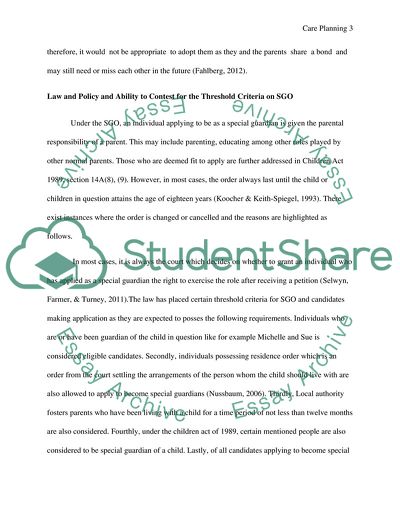Cite this document
(Special Guardianship Orders Children Care Planning Case Study, n.d.)
Special Guardianship Orders Children Care Planning Case Study. Retrieved from https://studentshare.org/health-sciences-medicine/1868395-care-planning
Special Guardianship Orders Children Care Planning Case Study. Retrieved from https://studentshare.org/health-sciences-medicine/1868395-care-planning
(Special Guardianship Orders Children Care Planning Case Study)
Special Guardianship Orders Children Care Planning Case Study. https://studentshare.org/health-sciences-medicine/1868395-care-planning.
Special Guardianship Orders Children Care Planning Case Study. https://studentshare.org/health-sciences-medicine/1868395-care-planning.
“Special Guardianship Orders Children Care Planning Case Study”, n.d. https://studentshare.org/health-sciences-medicine/1868395-care-planning.


